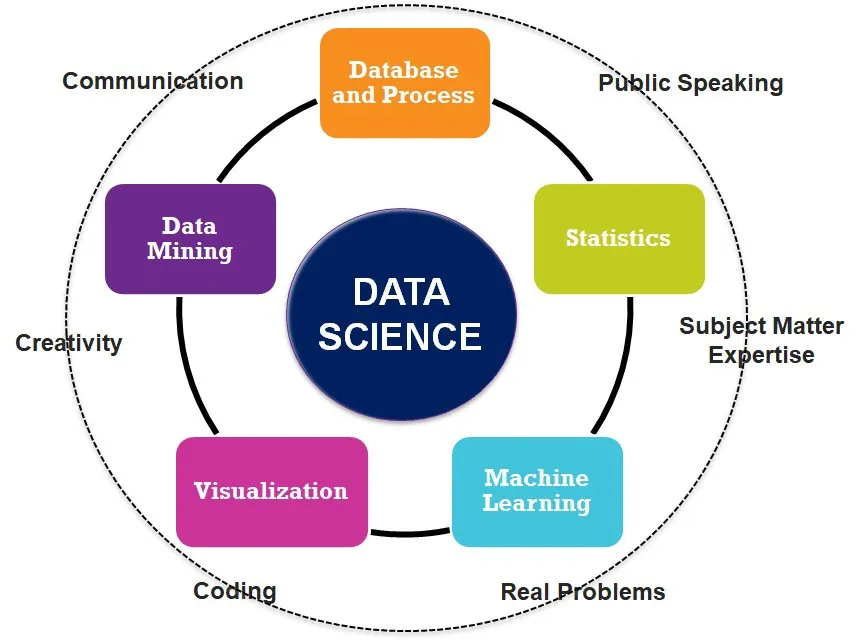I am not a person that is big on advice. People are quick to dispense with this often worthless commodity, in fact it’s a rather large industry. Bookshelves are littered with the how-to self-help seven steps to this and that. Snake oil it is! In the world of money management, I found the way to cut through the clutter was to not to ask what should I be doing on the investment front, which almost always resulted in some normative advice, but rather what are YOU doing — show me where YOUR money is. Interestingly and unsurprisingly the advice often looked rather different to what the person giving it was actually doing. What they were doing told me all I needed to know. The advice was all too often worthless.
I will therefore dispense with advice in this note and rather focus on heuristics which I have found to be rather useful in complex environments particularly those that direct you on what NOT to do. In chess for example, grand masters focus on avoiding errors, rookies try to win. As pointed out by (Taleb, Goldstein, Spitznagel, 2009) recommendations of the “don’t” kind are usually more robust than “dos.”
So herewith is my little ensemble of the rules of thumb I apply of the “don’t” kind:
Don’t look for employees, favour entrepreneurial people
How can you possibly clearly delineate between an entrepreneurial person and an employee you ask? I have found it to be rather easy. Entrepreneurial people, after looking at all the reasons why something does not work, look to how they can make it work and then do it. Employees on the other hand look at all the reasons why something does not work and use it as a reason why to leave it at that. They are pretty easy to spot. A statement like; “My spouse and I both have great salaries that are difficult to walk away from for a maybe.” Is a sure sign that you are dealing with an employee. If your organisation is aiming to make an impact entrepreneurial people are going to best suited for doing such.
Don’t control, inspire
If you want to build a ship, don’t drum up the people to gather wood, divide the work, and give orders. Instead, teach them to yearn for the vast and endless sea. (de Saint-Exupery, 2003)
Try to figure out how to get great outcomes by setting the appropriate context, rather than by trying to control people. Entrepreneurial people thrive on freedom, they need resources to succeed and the organisational focus needs to be on empowering these people. This contrasts with employees who tend to consume resources and need to be managed. Challenges arise as the organisation grows and processes are used to combat complexity from scaling. This has a tendency to cripple innovation and drive out entrepreneurial people. To combat this it is critical to not lose focus on hiring the right people and to avoid adding processes and new rules. Using the Netflix vacation policy as an example; “there is no policy or tracking. There is also no clothing policy at Netflix, but no one comes to work naked. Lesson: you don’t need policies for everything.” (Netflix, 2009)
#machine-learning #data-science #management
